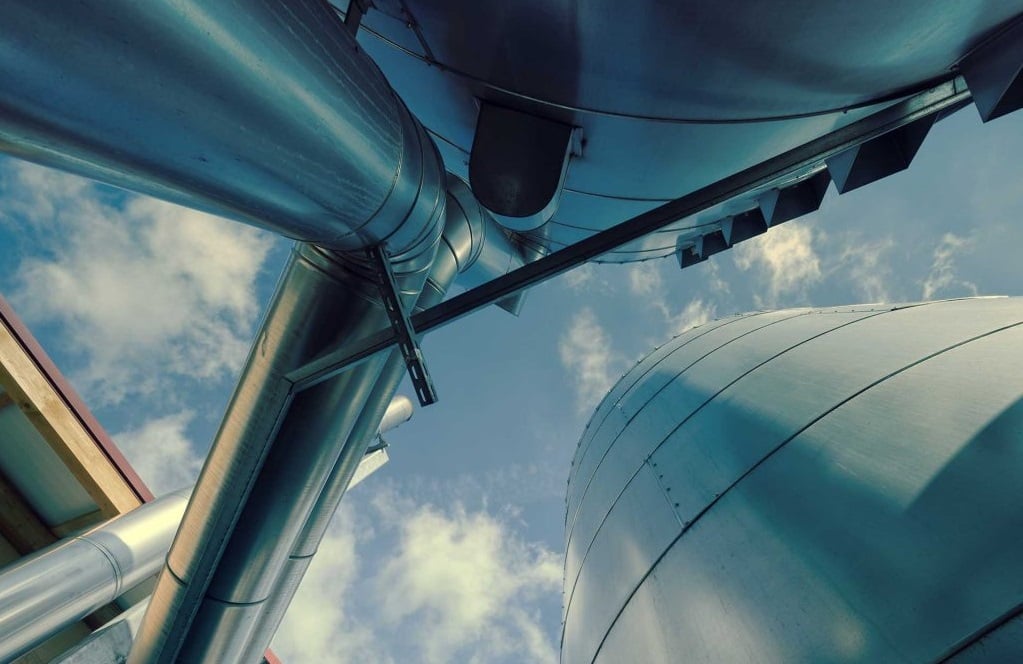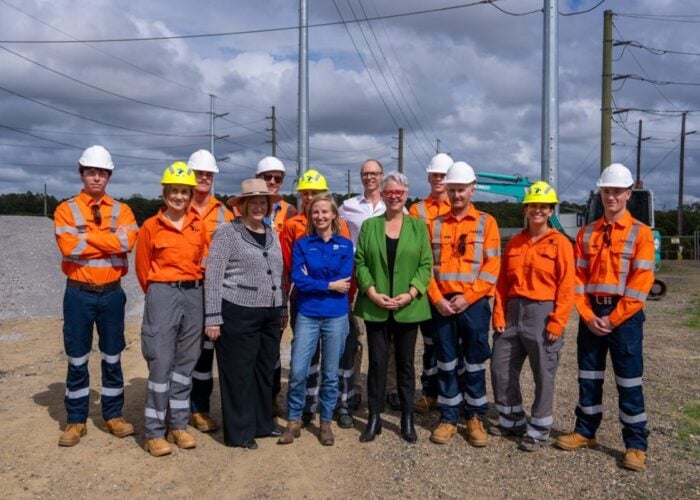
The European Commission has announced two acts to help define renewable hydrogen in the EU.
The first delegated act defines under which conditions hydrogen, hydrogen-based fuels or other energy carriers can be considered as renewable fuels of non-biological origin (RFNBOs), clarifying the principle of ‘additionality’ for hydrogen set out in the EU’s Renewable Energy Directive. Also, electrolysers to produce hydrogen will have to be connected to new renewable electricity production.
Try Premium for just $1
- Full premium access for the first month at only $1
- Converts to an annual rate after 30 days unless cancelled
- Cancel anytime during the trial period
Premium Benefits
- Expert industry analysis and interviews
- Digital access to PV Tech Power journal
- Exclusive event discounts
Or get the full Premium subscription right away
Or continue reading this article for free
According to the European Commission, this act aims to ensure that renewable hydrogen generation incentivises an increase in renewable energy volume available to the grid compared to what already exists. Therefore, hydrogen production will support decarbonisation and complement electrification efforts while avoiding pressure on power generation.
This act will be phased in gradually and become more stringent over time to allow for more time to adopt the new framework.
Although initial electricity demand for hydrogen production is negligible, it will increase towards 2030 with the mass rollout of large-scale electrolysers. The European Commission estimates that about 500TWh of renewable electricity is required to meet the goal of producing 10 million tonnes of RFNBOs in REPowerEU, which corresponds to 14% of total EU electricity consumption.
REPowerEU is a plan to reduce dependence on Russian fossil fuels rapidly and fast forward the green transition.
The goal is also reflected in the European Commission’s proposal to increase the 2030 target for renewables to 45%.
It said the rules “foresee a transition phase of the requirements on ‘additionality’ for hydrogen projects that will start operating before 1 January 2028”. The transition corresponds to the period when electrolysers will be scaled up and come onto the market.
Furthermore, hydrogen producers will be able to match their hydrogen production with their contracted renewables on a monthly basis until 1 January 2030. However, member states of the European Commission will have the option of introducing stricter rules about temporal correlation as of 1 July 2027.
“The decision to allow monthly temporal correlation in a transitional period, to then impose more granular matching (with hourly matching from 2030) will provide a first-mover advantage, while preserving the integrity of renewable hydrogen in the long term,” said Arthur Daemers, policy advisor at trade body SolarPower Europe.
The requirements for producing renewable hydrogen will apply to domestic producers and producers from third countries that want to export renewable hydrogen to the EU.
The second delegated act offers a methodology for calculating the life cycle of greenhouse gas emissions for RFNBOs, including upstream emissions, emissions associated with taking electricity from the grid, from processing, and those associated with transporting these fuels to the end consumer.
The methodology also explains how to calculate the greenhouse gas emissions of renewable hydrogen, or its derivatives, in case it is co-produced in a facility that produces fossil-based fuels.
“Renewable hydrogen is a crucial component of our strategy for a cost-effective clean energy transition and to get rid of Russian fossil fuels in some industrial processes,” said European commissioner for energy Kadri Simson.






